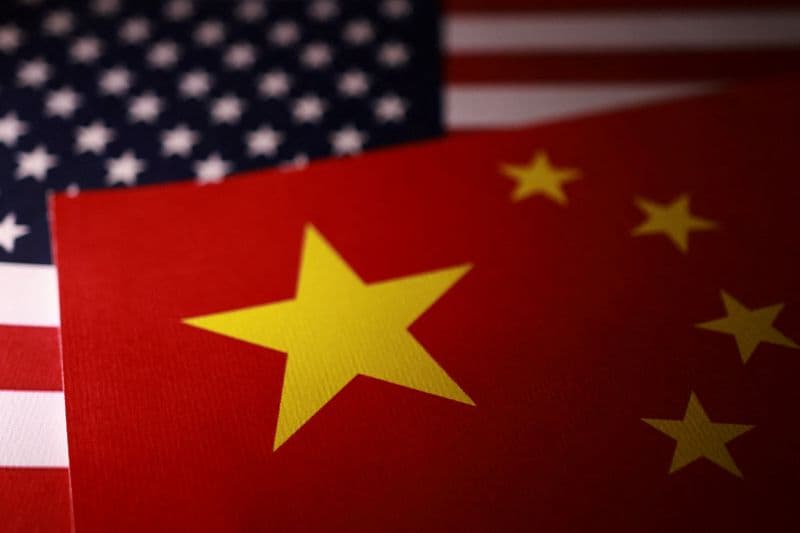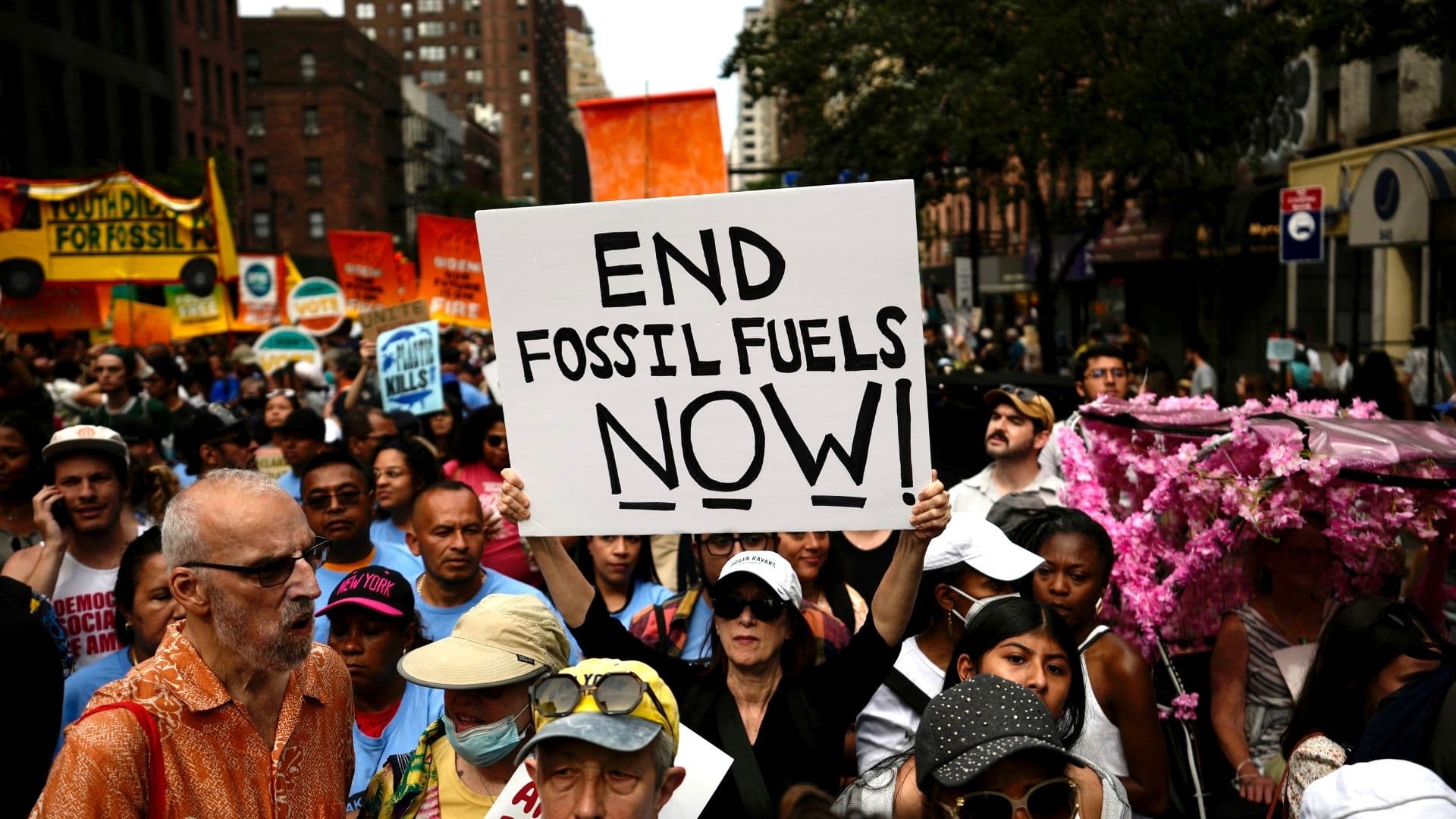Bolsonaro Seeks House Arrest, Cites Health After 27 Year Sentence
Lawyers for former president Jair Bolsonaro asked Brazil’s Supreme Court on November 21 to let him serve a 27 year and three month sentence under house arrest, citing chronic medical needs and poor jail conditions. The petition escalates a legal battle that has political and market implications for a country already dealing with deep polarization and the fallout from the 2022 election crisis.

Lawyers for former president Jair Bolsonaro filed a petition on November 21 asking Brazil’s Supreme Court to permit him to serve his 27 year and three month prison sentence under house arrest on medical grounds. Bolsonaro, who was convicted in September of attempting a coup following the 2022 election, has been under house arrest since August after violating precautionary measures that had been imposed while his appeals proceed.
The filing details ongoing health requirements that his attorneys say cannot be met in custody. They cited the need for blood pressure and heart rate monitoring, regular medical tests, daily medication and frequent specialist appointments. The petition also referenced reports of poor conditions at a detention facility in Brasília where Bolsonaro could be held if the court denies the request.
The Supreme Court rejected an earlier appeal this month, and Bolsonaro’s legal team has indicated another challenge is forthcoming. The latest petition shifts the argument from legal redress to humanitarian and medical grounds, placing the court in the position of weighing health claims against the gravity of a conviction tied to an assault on Brazil’s democratic processes.
The case has broader institutional implications. For the judiciary, the decision will be a test of how Brazil balances prisoners rights and medical exigencies against public perceptions of equal treatment before the law. For a nation that is Latin America’s largest economy, political developments surrounding a former president carry immediate consequences for investor sentiment and market stability.
Economists and market participants typically monitor such high profile legal cases for signs of political risk. Political uncertainty can increase exchange rate volatility, widen sovereign bond spreads and prompt short term shifts in stock market valuations as investors reassess risk premia on Brazilian assets. While the petition itself does not change legal outcomes, how the Supreme Court handles medical claims in a case of this magnitude will be watched for signals about institutional independence and predictability.
Longer term, the episode underscores persistent polarization and the challenges Brazil faces in consolidating democratic norms after the 2022 election dispute. The judicial outcomes will influence not only public confidence in the rule of law but also the policy environment for fiscal and structural reforms that investors and businesses seek. A perception of judicial impartiality can help stabilize expectations for government policy, while perceptions of politicized justice can exacerbate capital flow volatility and raise the cost of borrowing for government and private actors.
Until the Supreme Court issues a ruling, Bolsonaro will remain in the conditions determined by existing orders, and legal maneuvering is likely to continue. The court’s decision will be a focal point for both supporters and opponents, and for markets that track Brazil’s political risk as an input to pricing assets and assessing the outlook for investment and growth.

